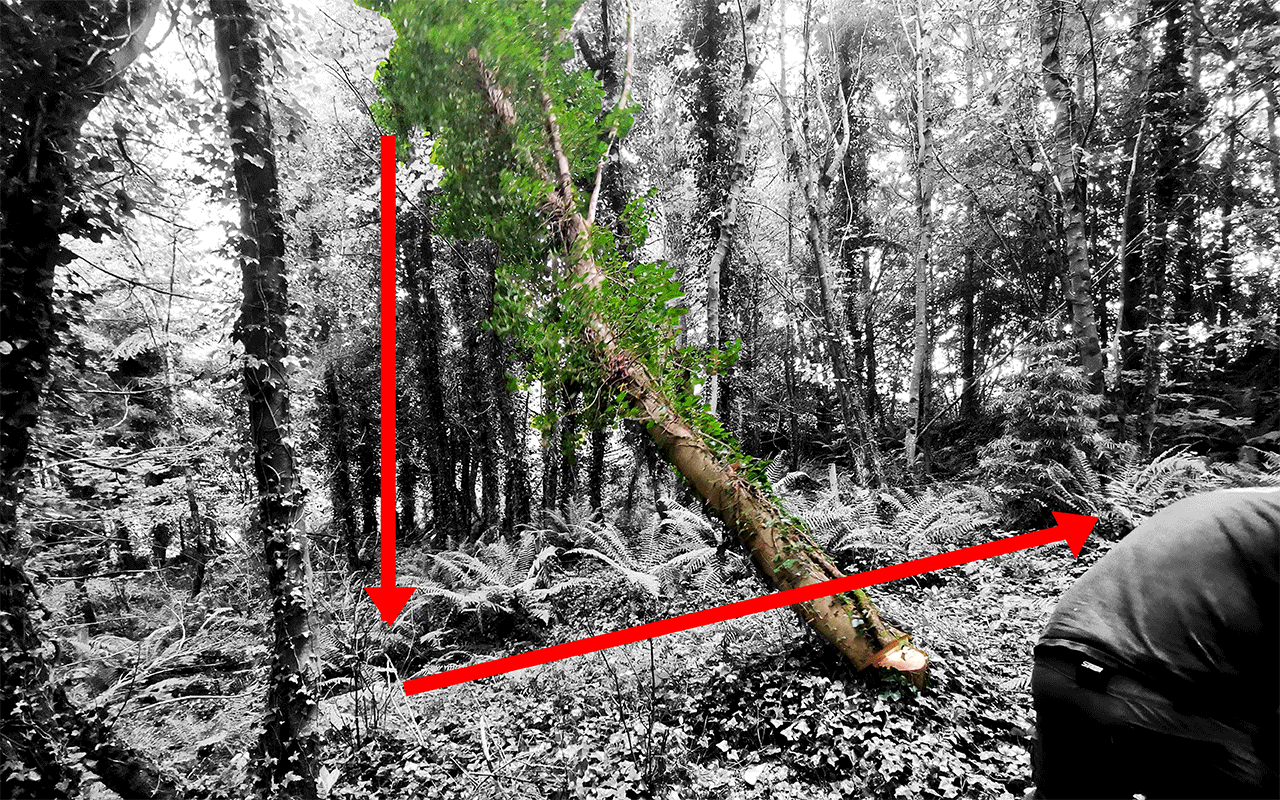

Heritage sparks innovation.
Irish crafters work is valuable beyond measure to them as individuals. Historically recognised as keystones to communities, traditional crafts are cultural pillars to Ireland’s identity. However the increase of companies outsourcing manufacturing, while still claiming regions identities, has created difficulties for genuine makers across all 27 EU member states. This initiative aims to safeguard provenance in regional crafts while leveraging the sector’s potential to generate social and green innovation.


Economic, social & green innovation.
Employment opportunities are shrinking in rural regions due to globalisation and urbanisation. Affected sectors such as the craft industry have the potential to increase labour through Geographic Indications. The mission is to understand methods of implementing a cross-border GI system to help rejuvenate regions, strengthen social supports for communities, utilise ecofriendly manufacturing techniques and work towards yielding intra EU trade.


Tech integration.
Insufficient amounts of existing EU craft data may be preventing policy change throughout the value chain. The craft industry is, for the most part, considered low tech integrated. In the age of modern technologies many problems experienced by craft sectors could benefit from traceability tools, collaborative platforms, and software designed for higher education institutes or commercial environments. Designing tech supports based on user needs makes cross border ecosystems a possibility.

International consortium.
Concepts for RD&I projects focused on building networks and creating innovative tech tools have been developed with a view to support a GI system that promotes academic-enterprise collaborations. Founded by Deanta Studio this initiative’s project plan has grown through conversations with a wider consortium of organisations from 4 EU countries since 2023. The cohort includes 3 universities, a research and training centre, a cluster management network, and a research centre of sciences and arts.

Collaborative networks.
Participatory democratic processes allow for solid groundwork theory to be conceived through collective efforts of representatives from EU regions sectors: academia, craft businesses, government and civil society. This collaborative framework fosters innovation for the people, artisans and their wider communities to create sustainable landscapes based on informed discussions. The north star here is to develop an ecosystem of creative and cultural provenance across all 27 EU member states.










